A car is one of the largest purchases you’ll ever make. It’s easily a five- (and sometimes a six-digit) purchase that could take you days, weeks, even months to properly research to ensure you get the vehicle you need.
However, you should also spend some time considering how you should buy your car—that is, should you buy your new mode of transportation outright, or finance it? Because the correct answer might not be as straightforward as it originally seems. There are pros and cons to both routes, and the better choice for one person might not be the same for the next.
Let’s discuss when you should purchase a vehicle with a lump-sum payment, and when financing might be most advantageous. By comparing the advantages and disadvantages of each, it will be easier to determine the best decision for your financial situation.
Featured Financial Products
Reasons to Buy a Car With a Lump Sum

Buying a car outright isn’t as uncommon as you might think. Some people buy a new car after selling an old car, some people make the purchase after a sudden windfall, and many more will save up so they can buy a vehicle outright.
Cash, personal check, cashier’s check, money order, wire transfer—it’s all the same. It’s a lump-sum purchase, and doing so helps you from accumulating debt on a depreciating asset.
But there are other advantages to buying a vehicle with a lump sum of cash. Let’s go over them.
You Don’t Have to Pay Interest
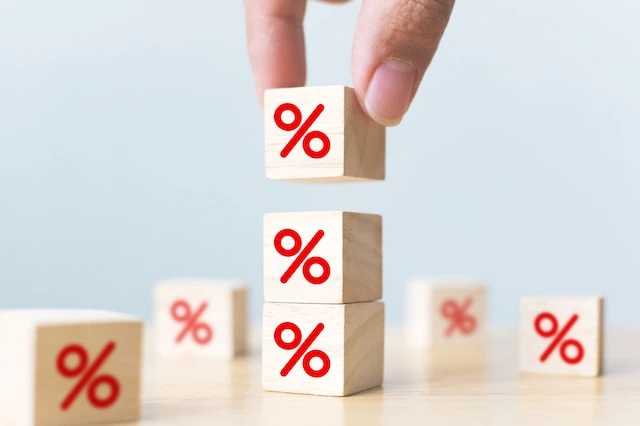
The most compelling case for buying a vehicle outright is how much money you can save.
Your auto loan interest rate is somewhat dependent on your credit score, so exactly how much you’ll save will vary. According to Experian data, the average APR for a new car ranged from 5.1% to 15.4%, and 7.4% to 21.6% for a used car, depending on credit score.
So, how much would these interest rates add to your bottom line?
Let’s say you had a low “prime” credit score (between 661-780) and financed a $50,000 used car at 12%, over a 60-month (five-year) term, with $5,000 down. Even without considering state sales tax and title/registration/other fees, you’d end up paying $15,060.01 in interest over the term of the loan.
Put differently: By purchasing that car in cash, you’d save $15,060.01.
Do you want to get serious about saving and planning for retirement? Sign up for Retire With Riley, Young and the Invested’s free retirement planning newsletter.
It Might Keep You Within Your Means
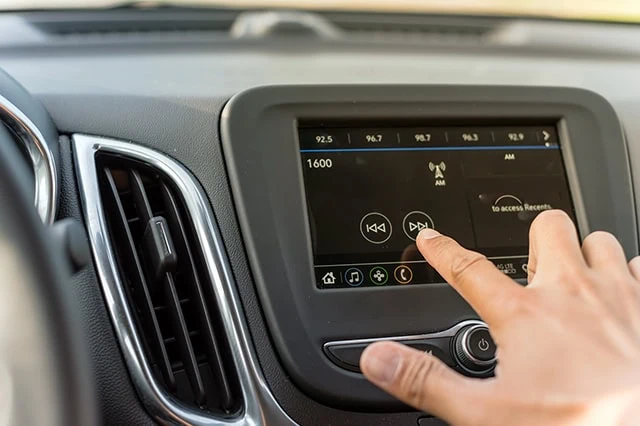
Perhaps you have enough saved in a high-yield savings account for a Honda Civic, but nowhere near enough for a Lamborghini Huracán.
If you intentionally limit yourself to purchasing a vehicle outright, you’re strictly limited to the funds you have in your bank account. However, if you’re financing, a car dealer might be able to convince you to get something a bit more flashy. And while you technically might be able to afford the monthly payment, that expensive car note could still strain your budget.
It’s also harder for dealers to upsell you on accessories, extended warranty coverage, and other plans when you buy outright. A feature might seem like no big deal when it only adds $5 or $10 per month, but you’ll certainly notice when you have to eat the entire cost up front.
Related: How to Protect Your Wealth: 10 Proven Strategies
You Own Your Vehicle
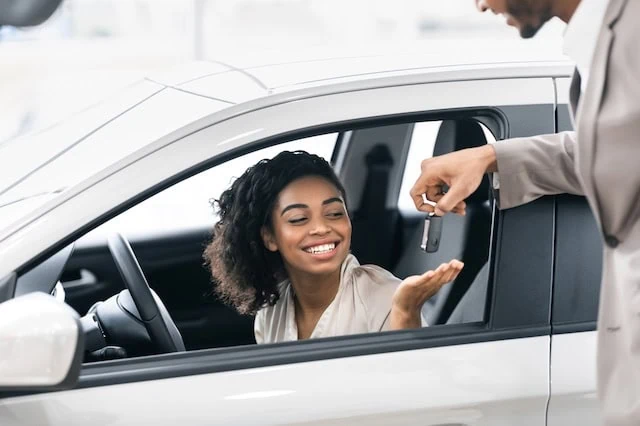
If you fully own your vehicle, rather than the bank technically owning it, you can borrow against the full value in the future should you need to.
Auto equity loans are typically easier to get than an unsecured personal loan and generally have lower interest rates. The process is usually fast as well. When you’re approved for an auto equity loan, you’re borrowing money against the value of your vehicle. Although it’s possible to borrow against the amount of equity in your car even if you have an auto loan, it’s a lesser amount—often, you can only borrow up to 50% of your equity.
In addition to being able to secure large auto equity loans, there is a certain peace of mind that comes with vehicle ownership, including not having to keep up with monthly payments.
Related: How to Achieve Financial Minimalism to Reduce Stress
More Insurance Options

All states but New Hampshire require drivers to have some level of auto insurance.Often, if you lease or finance a vehicle, the lender requires more coverage than you are otherwise required to have. If you finance your vehicle, you’ll likely need to carry both collision and comprehensive coverage. And you also could be required to have specific deductible amounts, which can also increase your insurance rate.
You might still want this coverage even if you buy your vehicle outright. But owning your vehicle gives you more coverage choices should you need them, and therefore more control over how much you pay for car insurance.
Related: Ready to Invest? Ask Yourself These 10 Questions First
Reasons to Finance a Car
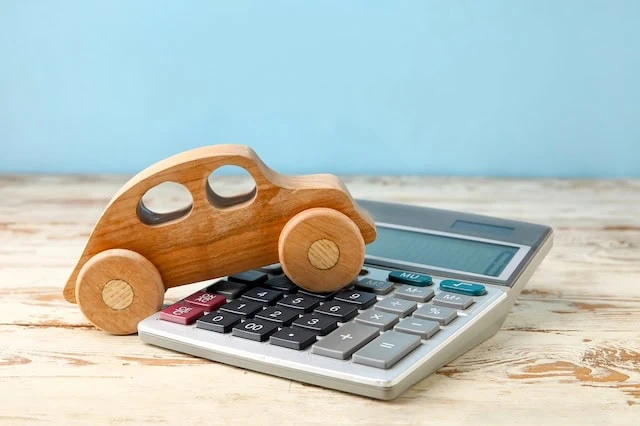
Hold up. Maybe don’t run to the nearest dealership, check in hand, just yet.
There are a number of benefits to financing a car over buying it outright. Consider the following reasons some people choose to pay for their vehicle over time.
You’ll Have More Liquidity
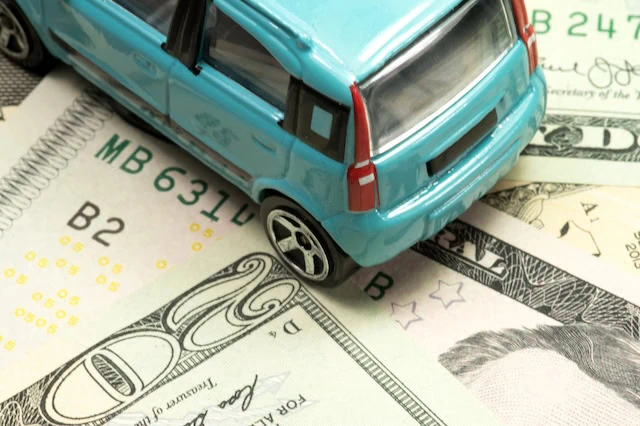
“Liquidity” refers to how quickly and easily an asset can be converted into cash.
For example, money you have in a savings account or a money market account is extremely liquid. Money that’s parked in a five-year real estate investment or a nine-month CD is not particularly liquid.
And a car … well, you can fairly easily and quickly sell one for cash in an emergency, but you’ll typically get a lot less than you paid for it.
Why does this matter?
Liquid funds are a must in case of an emergency. If you pay $50,000 for a car but you don’t have a cent in savings, and then your roof collapses during a storm, you’ll either end up having to finance those repairs … or sell your car (at a likely loss) to make up the difference.
But if you pay for your car every month and keep that $50,000 in savings, that’s a hefty emergency fund you can call upon when you need it.
Related: 7 Car Maintenance Tasks That Save You Money
Opportunity Cost

As mentioned above, if you buy a car outright, you won’t have to pay interest.
But mathematically, there are situations where that could put you behind the 8-ball.
Let’s say you have excellent credit and can get a great financing deal or even 0% APR. You decide to invest the lump sum of money you otherwise would have spent buying the car. The percent return on your investment could end up being far more than what you would’ve paid in interest.
That said, you’d only ever want to do this kind of arbitrage if you were fairly confident you could beat the prevailing interest rate with your return, and only if you could afford to lose the money you’re investing.
Related: What Is the 90/90 Minimalism Rule?
It Can Help You Build Credit
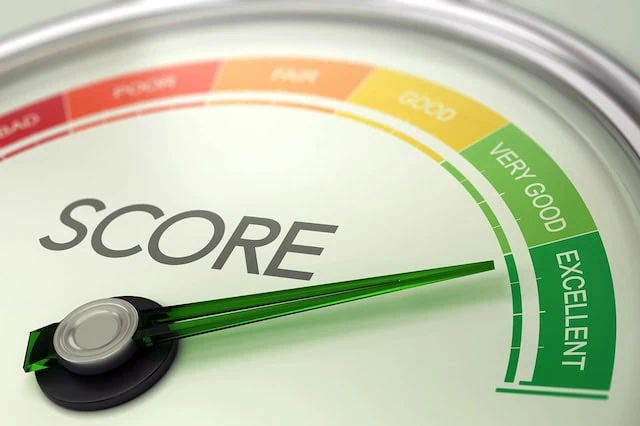
An auto loan is a type of installment loan, meaning you pay back the money you borrow, with interest, in fixed installments over a predetermined amount of time. Assuming you always make on-time payments, an auto loan can help you build credit and increase your credit score. If you don’t already have any installment loans, an installment loan would also diversify your credit mix, which could positively affect your credit score.
You won’t get an instant credit boost from taking on a car loan, however. In fact, your credit might slightly decline initially because the dealership made a hard credit inquiry. Still, despite the initial ding, which will amount to just a few points, this is usually a great credit move over the long run … as long as you make on-time payments and don’t default on the loan.
Featured Financial Products
Related: 9 Best Credit Cards for No Credit History: Starter Credit Cards
You May Be Able to Purchase Sooner

Everybody doesn’t have enough money in a bank account to buy a car outright.
The median balance in American transaction accounts is $8,000, per the most recently available Federal Reserve data. That’s far below the average price of a new or even used car. And even if you have enough money to purchase a vehicle with a lump sum, you might nearly drain your account doing so.
Thus, if you need a vehicle, that leaves you with two options: Wait until you have enough money saved, or finance a vehicle.
If there isn’t abundant public transportation where you live and you need to get to work, waiting might not be an option. Plus, there is always the possibility that prices will rise quicker than you can save, leaving you chasing a moving target.
So if you need to get into a vehicle more quickly, financing might ultimately be the best option.
Related: 10 Home Improvement Investments That Don’t Pay Off
You Might Miss Out on Dealership Incentives
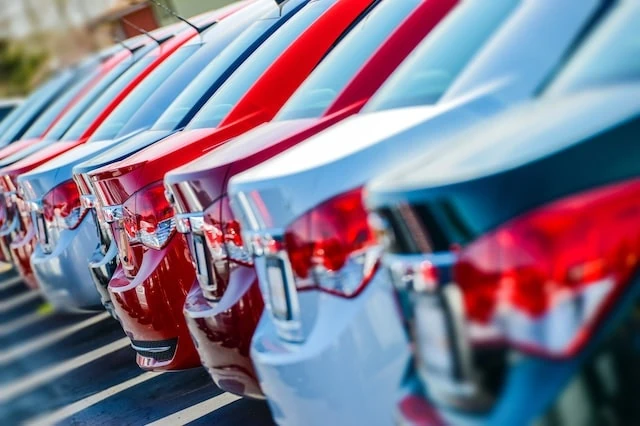
Car salesmen usually prefer you finance your vehicle because they make money off in-house financing. To make financing more appealing to customers, they might offer special deals and incentives for those who choose to finance their purchase.
An incentive might be a cash discount in the form of a rebate, complimentary equipment upgrades, or free services, such as a set number of oil changes. You might also secure a low financing rate or be given a 30- to 90-day cushion before payments begin.
In those instances, you could choose to finance to get the incentives, but then pay off your loan right away. Just make sure to check the fine print; sometimes, you’ll be penalized for paying the loan off early. But if it’s allowed, you might be able to get the best of both worlds: receiving incentives and not paying interest.
Do you want to get serious about saving and planning for retirement? Sign up for Retire With Riley, Young and the Invested’s free retirement planning newsletter.
How Else Can I Buy a Car?
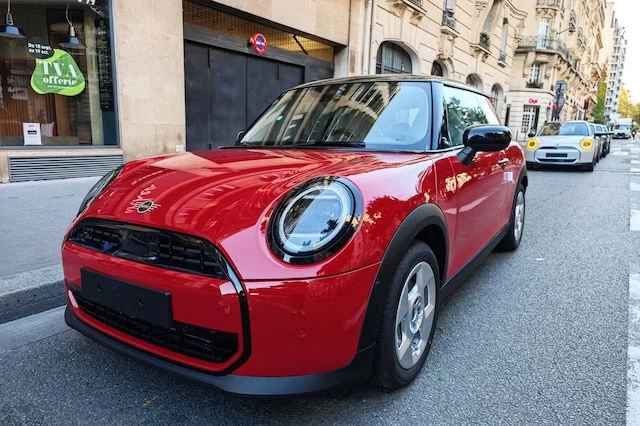
Feeling torn? If you’re indecisive about whether to buy outright or finance, you could consider a compromise: ponying up a very large down payment, then financing a small portion of the purchase.
Doing this would reduce your loan amount, and thus reduce the interest paid and your overall monthly payment. But you’d also still be able to build credit by making on-time payments and keep some of your cash liquid.
One last option is to lease a car. Usually, monthly lease payments are lower than the payments for financing a car, giving you extra money to use elsewhere. Leases let you try out a vehicle to see if you like it before you commit to buying it. At the end of your lease, you can either turn in the car and walk away, choose another vehicle to lease, or you often have the choice to purchase it at a predetermined price set in the original contract. The downside? You never build equity in the vehicle, and you might need to drive it more than allowed in your lease agreement, requiring you to purchase the extra miles after the fact.
Related: How Much Should You Financially Support Adult Children?




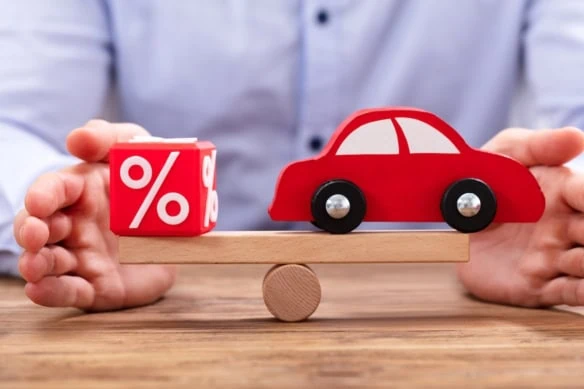

![What Is a Bare-Bones Budget [And How Do I Create One]? 27 budgeting piggy bank tight clamp bare-bones 1200](https://youngandtheinvested.com/wp-content/uploads/budgeting-piggy-bank-tight-clamp-bare-bones-1200-600x403.webp)
![What Is the 50/30/20 Budget Rule [And Is it Impractical]? 28 50 30 20 budget rule pie chart etf index 1200](https://youngandtheinvested.com/wp-content/uploads/50-30-20-budget-rule-pie-chart-etf-index-1200-600x403.webp)
